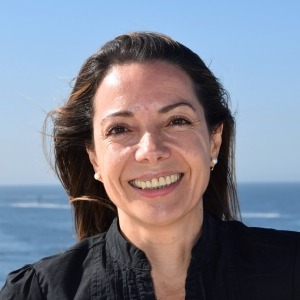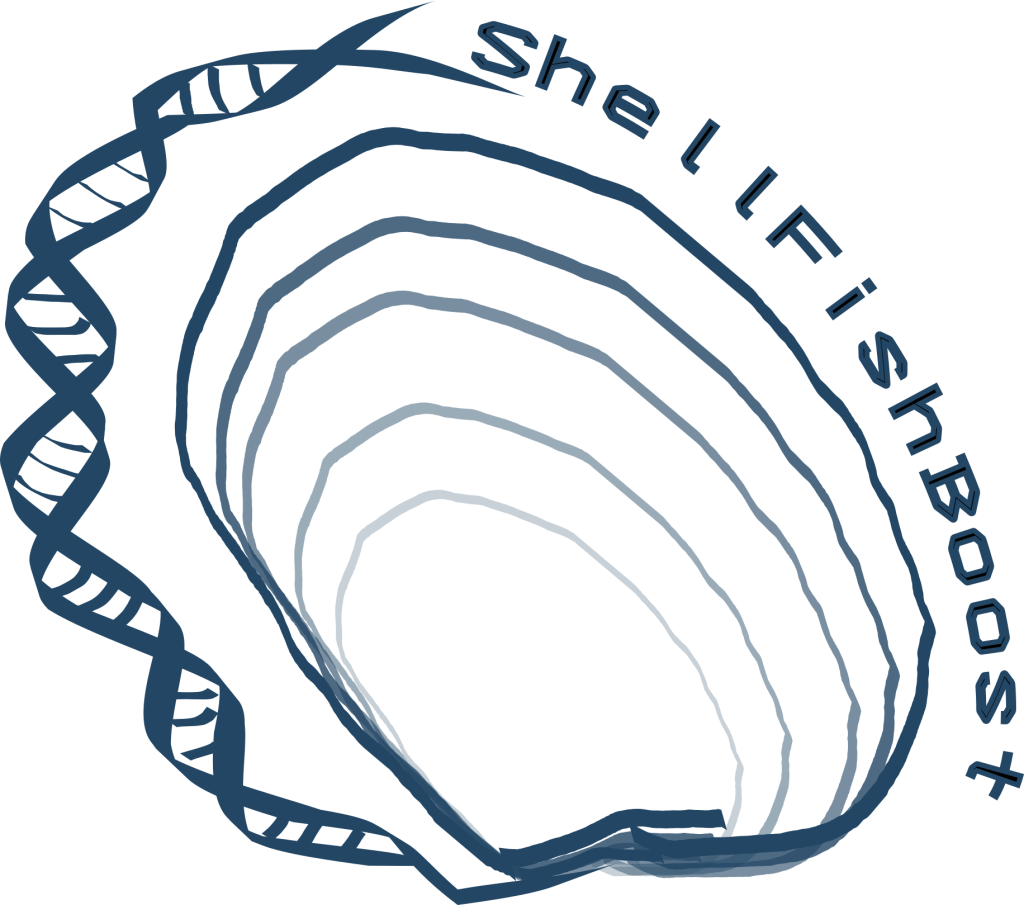

Researcher
Helena Peres is a Research Nutritionist for the Center of Marine and Environmental Research (CIMAR), at the University of Porto, Portugal, since 2003, and an Invited Associated Professor at the Sciences Faculty, at the University of Porto. Since 2010, she has been invited to collaborate with the post-graduation course, as an Invited Professor at UNESP- Faculty of Veterinary Medicine and Animal Science, São Paulo State University, AquaNutri, Botucatu, SP, Brazil. Her domain of specialization is fish nutrition, with particular interest to amino acids/protein and energy metabolism; nutritional strategies for reducing environmental impact of aquaculture; nutritional strategies to modulate wellbeing, stress and infection resistance, and Integrated Multi Trophic Aquaculture (IMTA).










